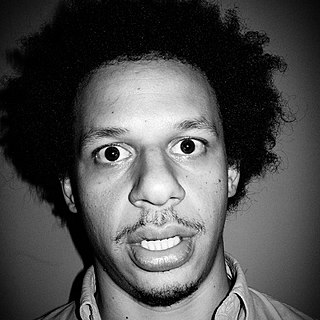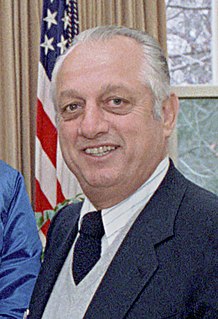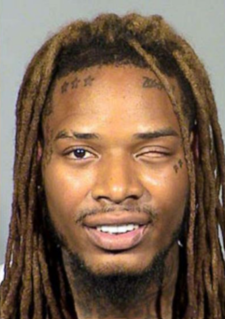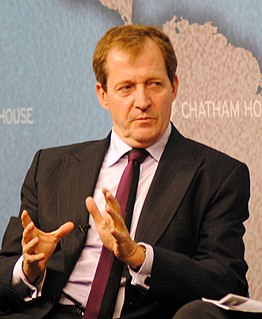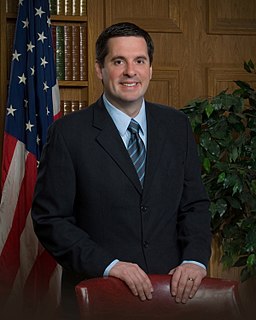A Quote by Thomas de Quincey
Related Quotes
If your intentions are already bad, and then you still make giant mistakes, it seems like things just get worse. I get little joy seeing this, because what I don't see is the public saying, "Wow, those guys are really bad, maybe we should re-evaluate everything." I don't see that response with the scandals, I don't see it with the indictments, I don't see it after Katrina, I don't see the public going, "Wow, let's really re-examine the entire direction this country is going."

